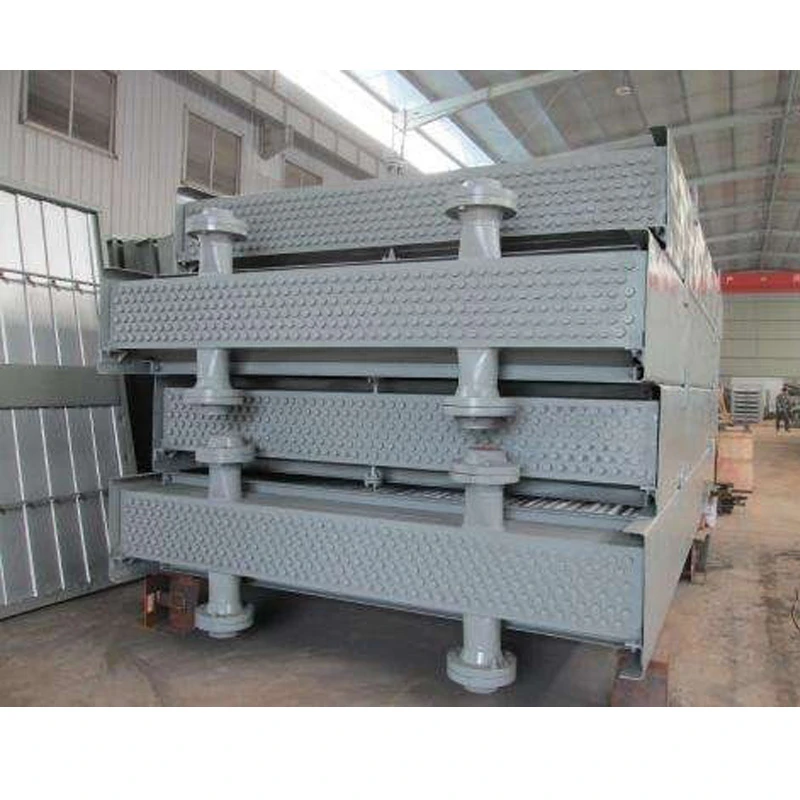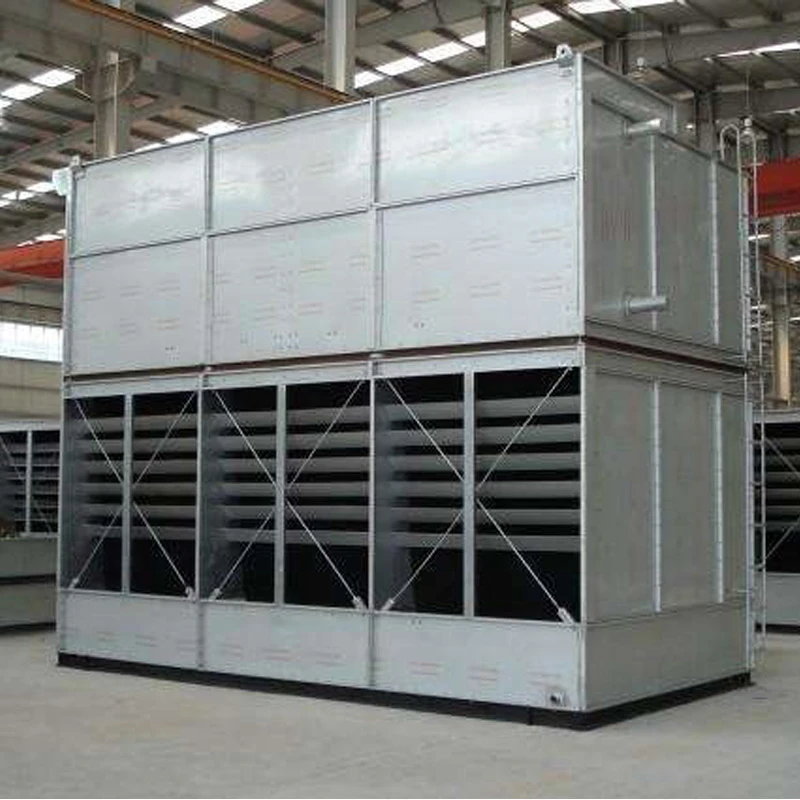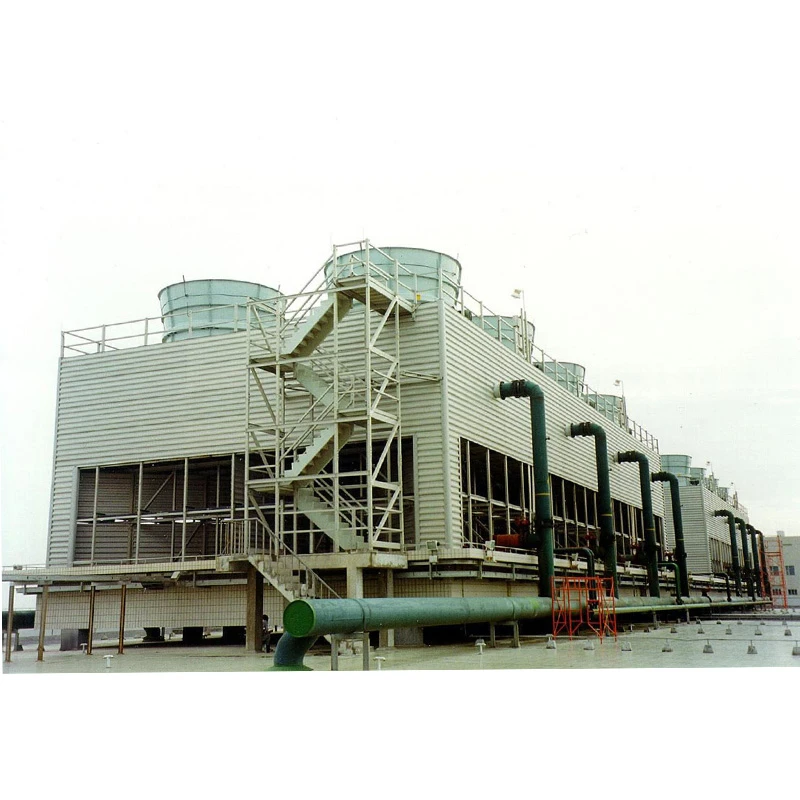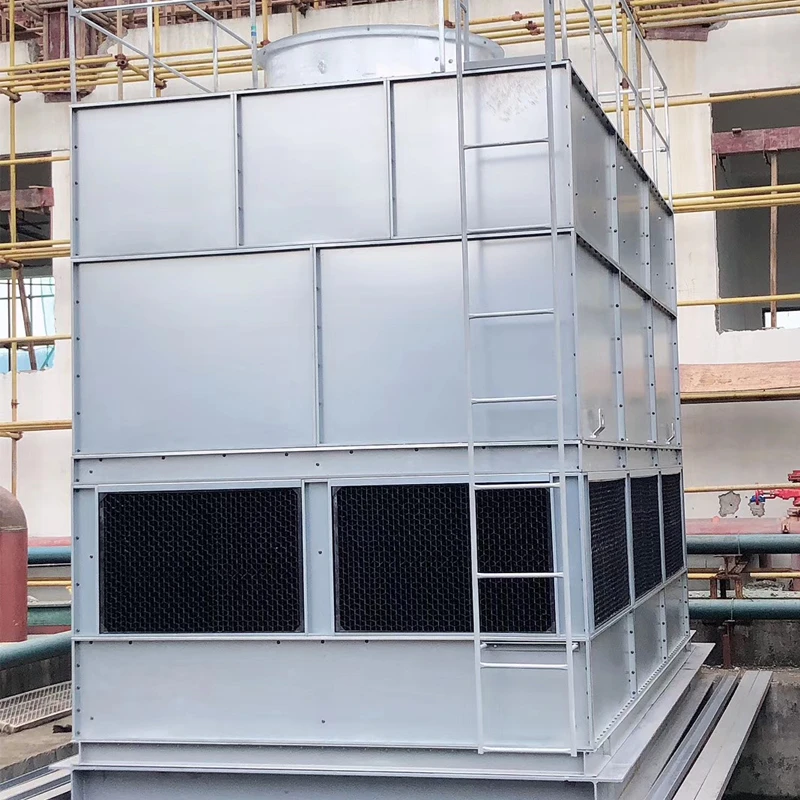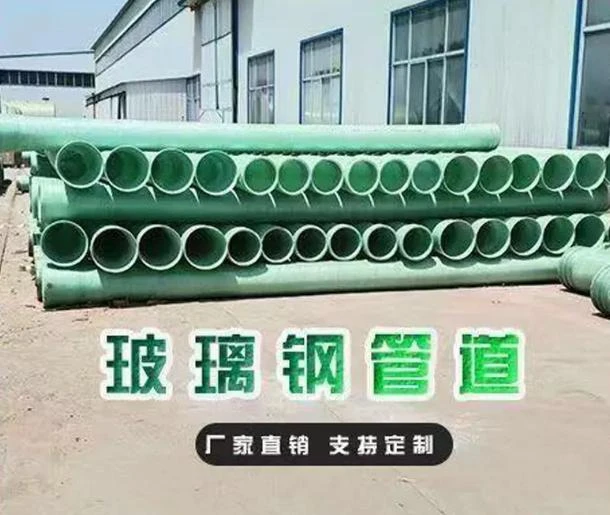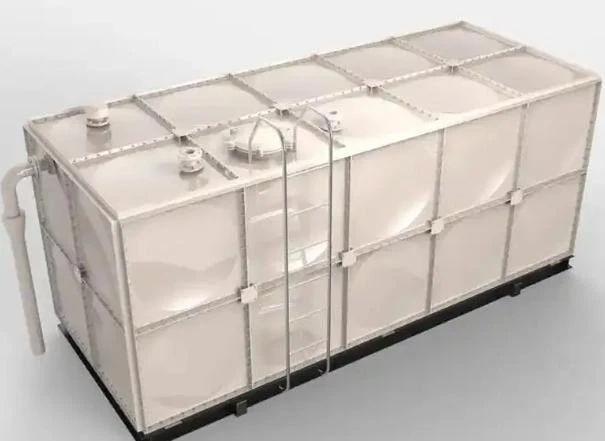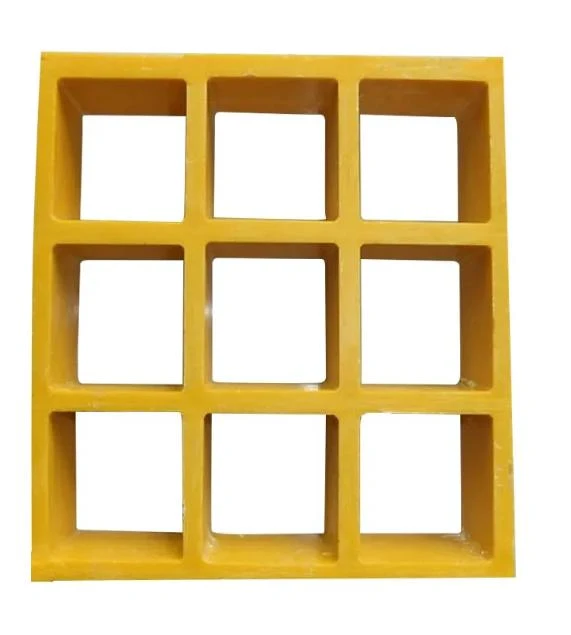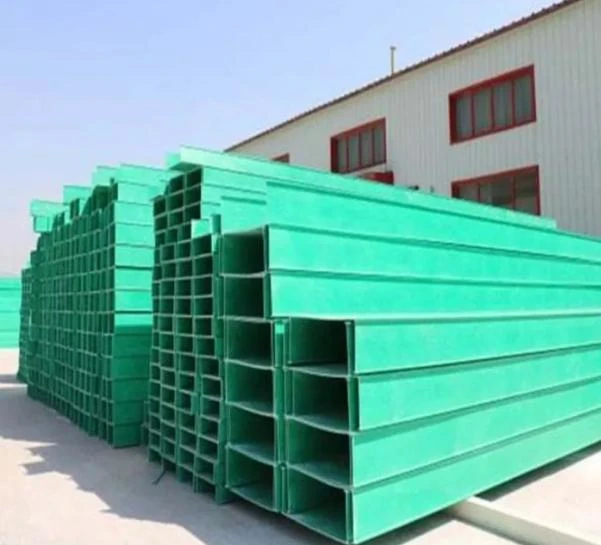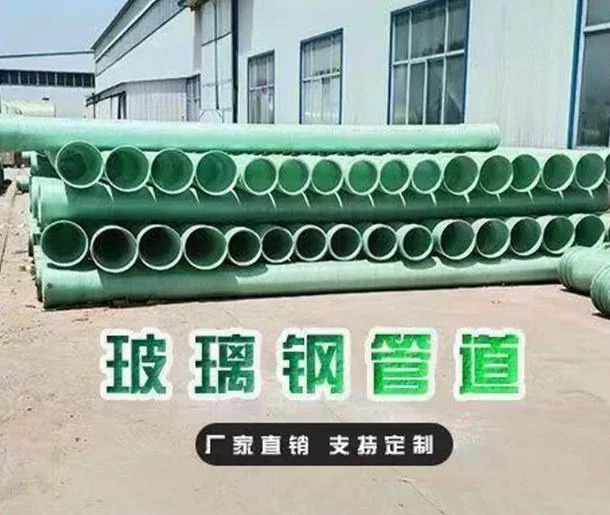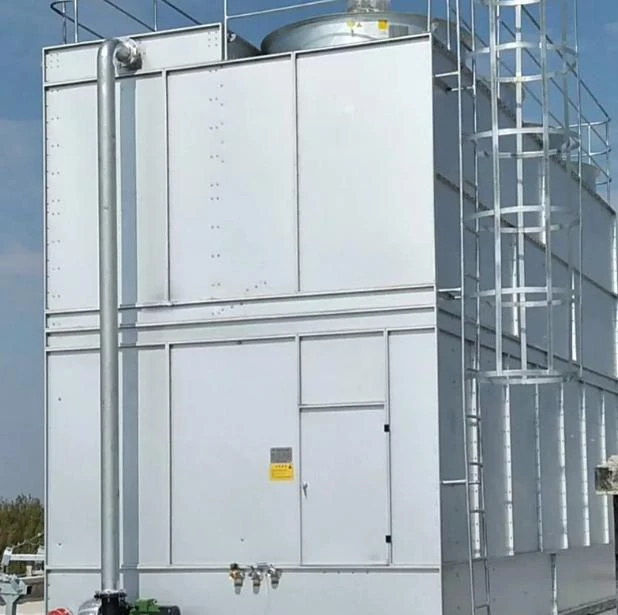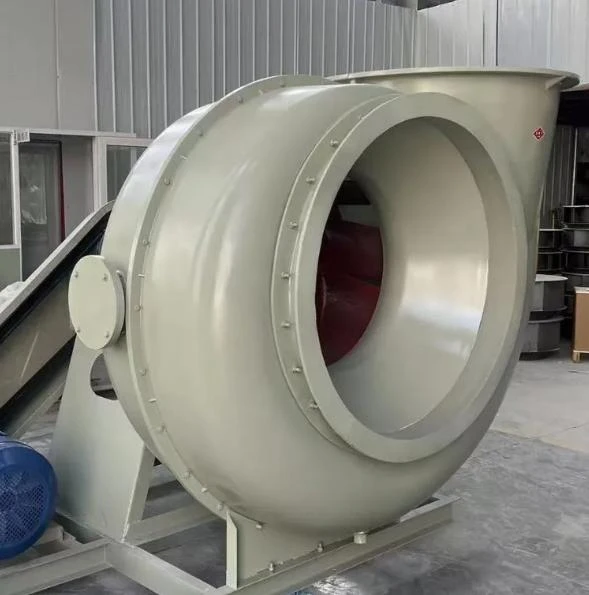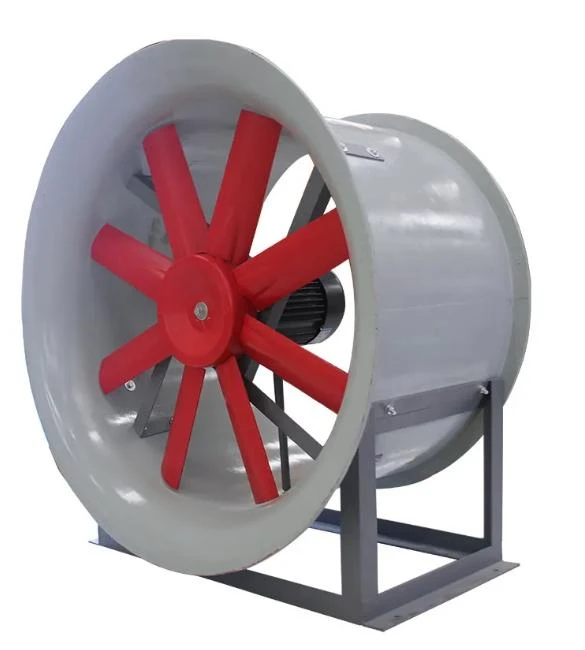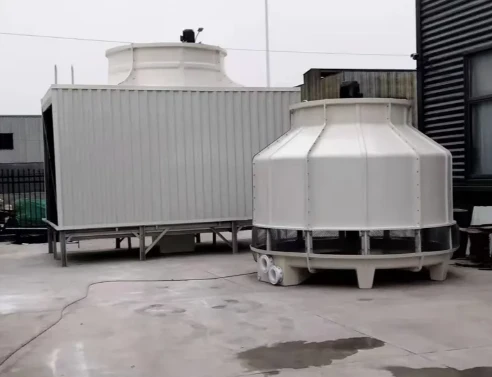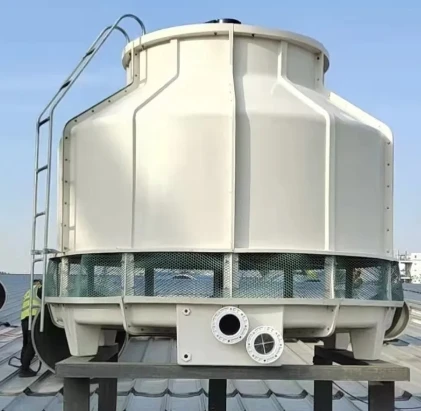

We Are Open 24 Hours a Day, 7 Days a Week, Including Weekends and Public Holidays.
- Overview of FRP Type Cooling Systems
- Key Technical Advantages Over Traditional Models
- Performance Comparison Across Leading Manufacturers
- Tailored Solutions for Industry-Specific Needs
- Real-World Applications and Efficiency Metrics
- Material Innovation and Durability Insights
- Future-Proofing with FRP Type Cooling Towers
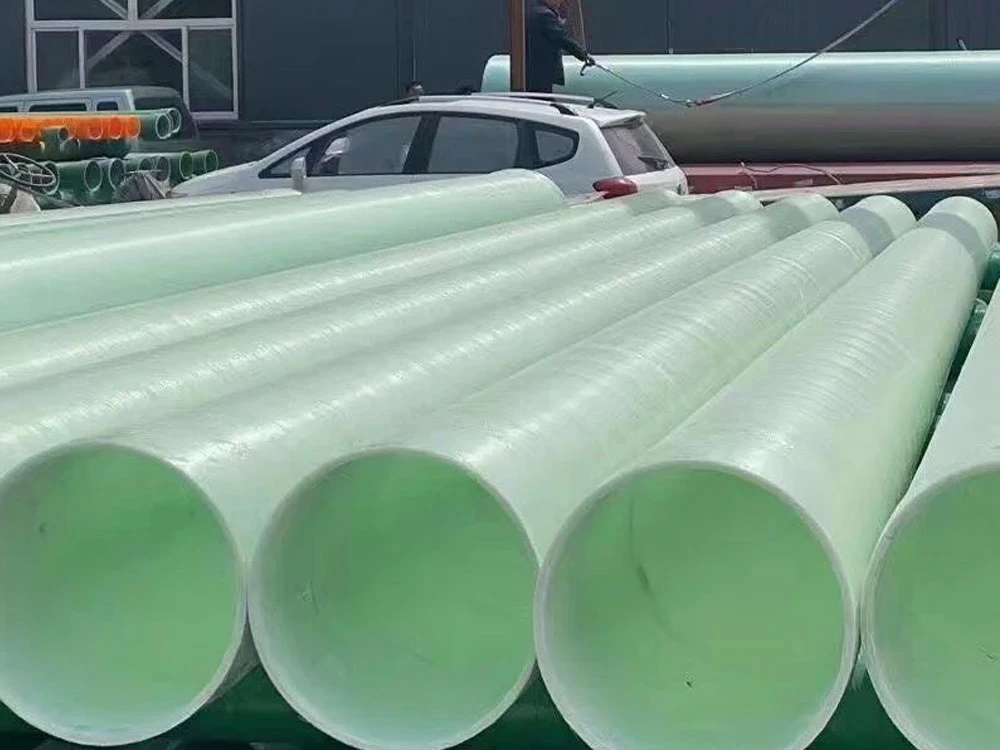
(frp type)
Understanding FRP Type Cooling Towers and Their Variants
Fiberglass-reinforced plastic (FRP) type cooling towers dominate modern industrial cooling due to their corrosion resistance, lightweight design, and adaptability. Unlike traditional metal or wood variants, FRP structures excel in harsh environments, offering a lifespan exceeding 20 years with minimal maintenance. Counter flow type cooling towers and closed type cooling towers represent two specialized branches under this category, each optimized for distinct operational demands. The global market for FRP-based systems grew by 14% in 2023, driven by energy efficiency mandates and rising demand in power generation and chemical processing sectors.
Technical Superiority in Modern Cooling Systems
FRP type units reduce energy consumption by 18–22% compared to galvanized steel counterparts, according to ASHRAE benchmarks. Their seamless construction eliminates joint corrosion risks, while UV-resistant coatings maintain structural integrity under prolonged sun exposure. Closed type cooling towers, a subset of FRP designs, minimize water loss by 95% in arid regions, making them indispensable for data center cooling. Key innovations include:
- Patented drift eliminators reducing water waste by 30%
- Hybrid configurations combining counter flow and cross flow principles
- Smart sensors for real-time pH and temperature monitoring
Manufacturer Benchmarking: Performance Metrics
| Parameter | Manufacturer A | Manufacturer B | Manufacturer C |
|---|---|---|---|
| Thermal Efficiency (%) | 92.4 | 89.7 | 94.1 |
| Noise Level (dB) | 58 | 63 | 55 |
| Annual Maintenance Cost ($) | 1,200 | 1,800 | 950 |
Custom Engineering for Diverse Industries
Modular FRP type cooling towers now support 35+ industry-specific configurations. For pharmaceutical plants requiring closed type systems, bacteriological-resistant coatings are applied during manufacturing. Petrochemical facilities utilize explosion-proof motors and stainless steel internals, achieving API 670 compliance. A recent project for a Middle Eastern power plant involved:
- 3,000-ton hybrid cooling capacity
- Sand filtration pre-treatment for desert air
- Remote diagnostics via IoT gateways
Operational Case Studies and ROI Analysis
A chemical plant in Texas reported 25% energy savings after replacing 1980s-era metal towers with FRP type units. The $2.1M investment achieved payback in 3.8 years through:
- Reduced scaling: 0.2mm/year vs. 1.5mm in steel towers
- Lower makeup water consumption: 12,000 m³/year saved
- Extended service intervals: 24 months vs. 6-month cycles
Material Science Breakthroughs
Next-gen FRP composites now integrate graphene nanoparticles (0.5% by weight), boosting tensile strength by 40% while maintaining fire-retardant properties. Laboratory tests show these advanced materials withstand 150 ppm chlorides – critical for coastal installations. Closed type cooling towers benefit most from these innovations, demonstrating zero material degradation after 15,000 operational hours in accelerated aging simulations.
Why FRP Type Cooling Towers Lead the Industry
With 78% of industrial operators prioritizing sustainability, FRP type systems deliver unmatched lifecycle value. Their compatibility with renewable energy sources – including solar thermal augmentation – positions them as the cornerstone of next-generation cooling infrastructure. As regulations tighten on water usage and carbon emissions, the shift toward counter flow and closed type FRP towers will accelerate, projected to capture 61% of the global market by 2028.
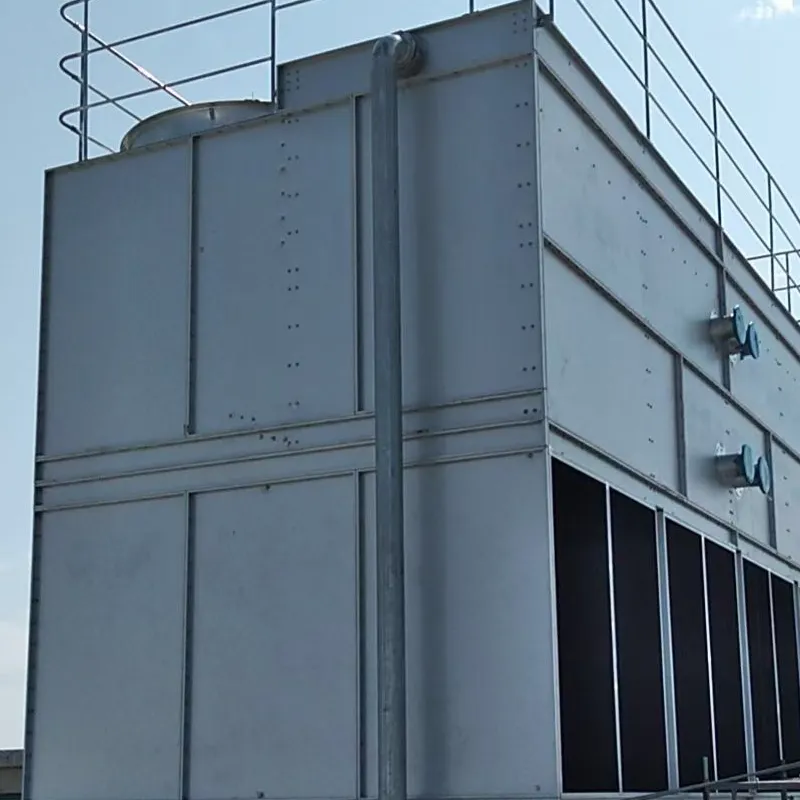
(frp type)
FAQS on frp type
Q: What is an FRP type cooling tower?
A: An FRP (Fiber Reinforced Plastic) type cooling tower uses corrosion-resistant fiberglass materials for its structure. It is lightweight, durable, and ideal for harsh environments. FRP towers are widely used in industrial applications due to their long lifespan.
Q: How does a counter flow type cooling tower differ from other designs?
A: In a counter flow type cooling tower, air flows upward while water flows downward, maximizing heat exchange efficiency. This design reduces pump energy consumption and improves thermal performance. It is often more compact compared to cross-flow alternatives.
Q: What are the advantages of a closed type cooling tower?
A: Closed type cooling towers prevent water contamination by isolating the process fluid in a sealed coil. They minimize water loss and chemical treatment needs. These towers are ideal for clean-critical systems like HVAC or semiconductor manufacturing.
Q: Why choose an FRP type counter flow cooling tower?
A: Combining FRP materials with a counter flow design ensures corrosion resistance and high energy efficiency. This hybrid solution suits industries requiring reliable cooling with low maintenance. It also saves space and operational costs.
Q: Can closed type cooling towers be used in high-temperature applications?
A: Yes, closed type cooling towers are suitable for high-temperature processes due to their robust heat exchange coils. They maintain consistent performance even under extreme thermal loads. Regular maintenance ensures longevity in such conditions.





Address
20 Xingyuan South Street, Zaoqiang County, Hengshui City, Hebei Province, China









